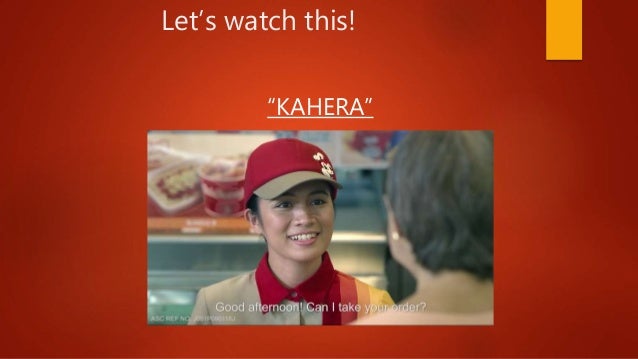


They must avoid the mistake of believing that their own tastes and preferences are the “right” ones and realize that the client is the one who will be living in the property and it is the client’s wants and needs that must be satisfied. These agents are able to adapt their presentations to each prospect’s unique needs and wants, and they avoid generic “one-size-fits-all” monologs. When they are across the table from prospects, they ask “What do you want? What do you need?” and they listen intently to the answers because they realize that if clients want townhomes, they are not going to buy mansions. Successful people fall into the latter category. Salespeople who are “dialogers” want to hear what their clients say because their job is to satisfy needs and wants – not their own, but their clients’. They interrupt when clients speak and don’t listen when they are spoken to. They are more interested in what they have to say than in what their clients want to hear or have to say. Salespeople who behave as if they were engaged in a monolog don’t seems to care about their clients. It’s really all about being a good listener and developing the ability to see the world through other people’s eyes. Maybe conservative talk radio is so successful for this reason while liberal talk radio is essentially non-existent. Let’s talk about it and maybe I can convince you to see it my way.” Again, and this is not intended to be a generalization and there are exceptions to every rule.

Their “dialog” approach says to dissenters, “I don’t agree with you, but you have a right to express your opinion. They are more willing to engage in debates and conversations with people who disagree with them. People who talk to their audiences seem to be more respectful of others’ points of view. Ideas that cannot withstand scrutiny are more commonly espoused in one-way monolog formats like television, movies, magazines and newspapers. Also, I believe liberal talk radio has been unsuccessful largely for the reason that ideas that can withstand the scrutiny of debate are debated in dialog forums such as talk radio. I don’t like to generalize, but several of my rather liberal friends behave this way when challenged. In some cases, they simply leave the room. Rather than debate, they try to shut off dissent by belittling their opponents or calling them names such as “intolerant”. I have noticed that they are rigid in their positions and are afraid that they will not be able to adequately and persuasively respond to challenges. They have little respect for people who disagree with them and little interest in the basic principles of fair debate. If someone disagrees with them, they are likely to belittle the dissenter’s opinion, talk over them or simply turn on “ignore.” I believe these people discourage controversial discourse because they lack sufficiently persuasive arguments to counter dissenting points of view. However, other callers did engage in a civilized dialog, acknowledging the host and discussing the issues without becoming hysterical.įrom my own experience, I’ve noticed that people who talk at their audiences tend to discourage dissent. They were very strident and abrasive, not particularly enlightening and certainly weren’t interested in any kind of two-way dialog with the host. This behavior was more than a matter of style.
#DIALOGUE VS MONOLOGUE HOW TO#
Also, while they were very vocal about their grievances, they had no suggestions about how to improve things. The talk show callers who were talking at the host seemed as if they didn’t even care that he was there – they had an agenda and if the host disagreed, they talked over her as if to blot out what she was saying. Are their listing presentations and showings more like the Group One callers or more like Group Two? Are they engaging in monologs or dialogs? Do they present offers in an interactive mode? Do they act more like a speaker with a captive audience or a concerned counselor? So I asked myself, “How do these communication styles relate to the business of selling?” I considered the ways salespeople interact with their clients. Since excelling at selling is always lurking in the back of my mind, I’m always trying to apply what I observe to my profession. Some of the callers seem to talk at the host rather than to the host, while other callers carry on a rational conversation. One thing that I’ve noticed is that callers tend to fall into two groups. I occasionally listen to radio talk shows.

Old stuff written for Broker Agent Magazine circa 2004 – just thought I would post it for you.


 0 kommentar(er)
0 kommentar(er)
